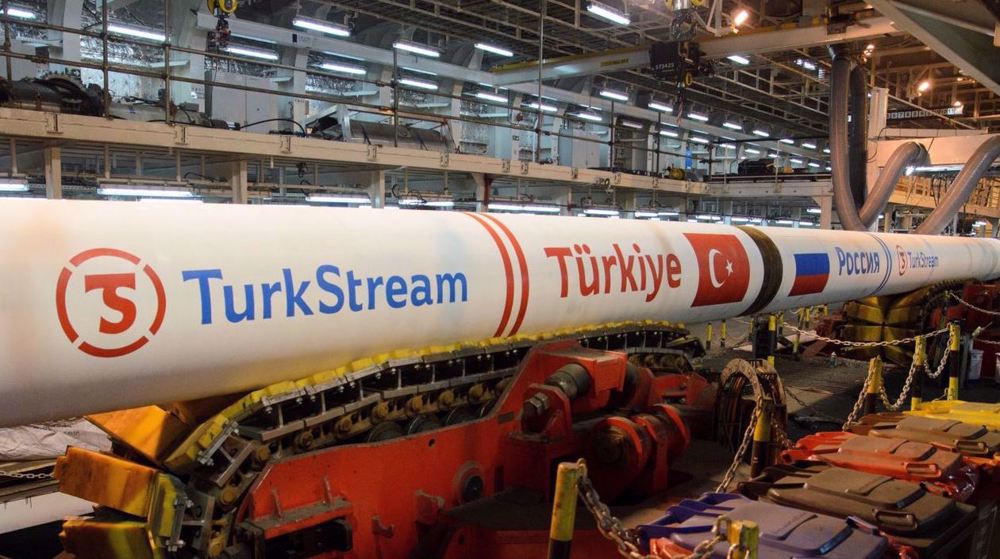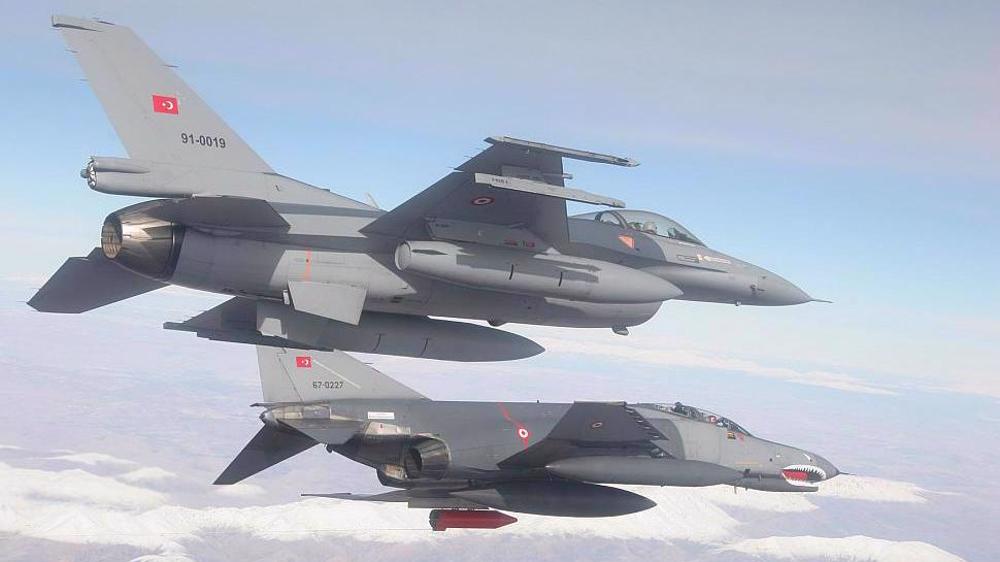How Erdogan survived but Morsi did not
Egypt and Turkey enjoy uncanny similarities: the majority of both nations are Muslim; they are the largest countries in the eastern Mediterranean; and share centuries of common history and culture as part of the Ottoman Empire; but how does a seemingly paralleled politico-military narrative -- say a coup attempt -- unfold in starkly diverging ways in the two?
As a faction of the Turkish military moved to dethrone a democratically elected president over the weekend, many Egyptians were reminiscing about a similar scenario by their country’s military that was realized three years ago.
Some of Egypt's pro-army newspapers even ran headlines declaring the victory of the attempted coup but by the morning their print editions were released Erdogan’s government had quashed the putsch. The Egyptian government – whose legitimacy has been rejected by Erdogan since they put Morsi in prison -- also blocked a United Nations Security Council’s statement that called on all Turkish parties to "respect the democratically elected government of Turkey," saying the council is "in no position to qualify, or label that government -- or any other government for that matter -- as democratically elected or not."
Mohamed Morsi and Recep Erdogan themselves have a lot in common too as both leaders had been trying to consolidate their nations under their respective political parties, whose names are even similar: The Freedom and Justice Party in Egypt and the Justice and Development Party in Turkey.
Aykan Erdemir, a former member of the Turkish Parliament who served in the EU-Turkey Joint Parliamentary Committee, says, “I see a parallel,” adding that “a lot of people started believing Erdogan was using democratic means to undo democracy. The creation of one man rule.”
But again, what helped Erdogan avoid a fate akin to that of his fellow Muslim friend? To find an answer, let’s reanalyze what we call a successful coup d’état. For a coup to be called successful, it needs a synergetic momentum from three distinctive forces – namely the sitting executive, the military, and the people – as the average of the forces defines the direction of the movement. Now let’s go through a comparison of each element of this triad of forces in both cases step-by-step.
Compared to Morsi, Erdogan is a superior leader both in quality and quantity. He served as the premier for about 10 years before he was elected as the president, and even has a four-year term as the mayor of Istanbul in his résumé. And his macroeconomic overhaul of the country’s financial system caused a rising cash-flow into the Turkish market between 2002 and 2012, generating a growth of 64 percent in the real GDP and -- as a result -- creating a higher quality of life for the nation. With only a year or so as a leader, Morsi had no such accomplishments when he was removed by General Sisi in 2013. It should be remembered that the coup-prone Turkey – with five cases since 1960 – undoubtedly makes more skillful sailors.
Military-wise, the forces of the coup in Turkey were not even nearly as united, coordinated and motivated as the coalition of forces led by Sisi, who was the chief of the Egyptian Armed Forces and enjoyed an overwhelmingly popular support. Nobody can compare the ranks of Egyptian army during the coup with the disbanded mutinous soldiery – some of whom not even properly informed -- roaming around Istanbul and Ankara pointlessly under the command of lower ranking military personnel.
And last, but not least, is the popularity of the two leaders among the ordinary people. In Turkey, social media helped people hear the voice of their president calling on them to pour into streets and in less than an hour masses of people were attacking the coup forces and climbing their tanks to protect the government. But in Egypt, the story was quite the opposite as the military action was not defied by the majority of people – or at least a little more than half of the population -- but boosted; especially because of the support by the popular religious and political figures of the society. Grand Sheikh of Al Azhar Ahmed el-Tayeb and the Coptic Orthodox Pope Tawadros II were among the main factors to garner the huge popular support.
Taking everything into account, Erdogan came out a victor because he was more popular and more of a leader – although more authoritarian – and Morsi turned out to be the vanquished because Sisi was more popular and more of a leader – although more authoritarian. A seasoned leader who makes life easier and happier for the people – though inadequately and autocratically – can make the best use of any coup, reform, rebellion, civil war, or revolution.
VIDEO | California wildfires leave residents struggling with insurance gaps and housing shortages
Leader: Palestinian patience, resistance forced Israel to back down
VIDEO | South African, Palestinian youths use sport to boost resistance
Iran welcomes Gaza truce, urges prosecution of Israeli authorities for genocide
VIDEO | Israeli airstrike on Jenin kills 6 Palestinians, injures others
VIDEO | Canada after Trudeau
IRGC: Gaza truce ‘irreparable defeat’ for Israel, great victory for Palestinians
Iran, Tajikistan presidents oversee signing of 23 MoUs to boost ties












 This makes it easy to access the Press TV website
This makes it easy to access the Press TV website